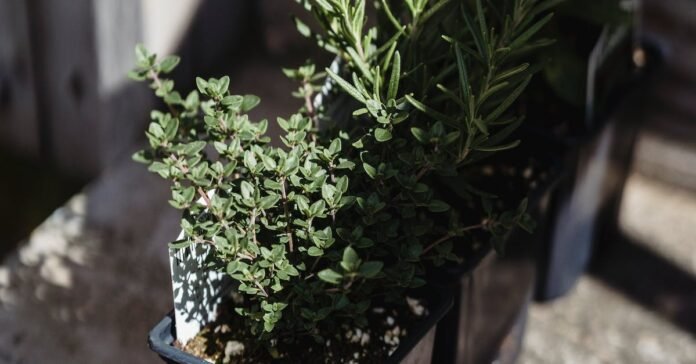You need to have some knowledge of what to look for and expect from an organic garden. You need to know what resources are available to you and who can provide you answers as to what you need for your organic garden. The tips below can help you with how to start.
If you live in the city, you can still reap the benefits of organic gardening through container gardening. Herbs especially will thrive in indoor pots, as long as they are large enough. Container gardening can be easier than outdoor gardening when going organic, as there is less risk of exposure to insect pests or weeds.
Water your organic garden with storm water runoffs and collected rainwater. Rainwater is more pure and better for plants than home tap water, because it won’t contain chemicals such as chlorine or fluoride. Using rainwater also helps in reducing your overall water usage. Rainwater can even be stored in barrels or cisterns to be used during dry spells.
A great way to deal with weeds in a safe and nontoxic way, is to use a spray bottle of diluted dish soap to treat areas with overgrowth in your garden. Use a ratio of one tablespoon of mild dish soap per 16 ounces of water. Spray the weeds once a day and with in a week they should shrivel up and be easier to pull out.
One of the best ways to be successful at organic gardening is to plan early. The best laid out plans for an organic garden, always make for the most successful garden. Plan what you will plant early on and be sure to have back-up vegetables ready to plant when short-lived plants, like lettuce and spinach, are done for the year.
A great tip when beginning an organic gardening is to add lime to your seed-starter mix. This is done to reduce the acidity of your peat. Too much acidity can damage it. You should aim to add around 1/4 teaspoon of lime in every single gallon of your seed-starter mix.
Use a raised garden bed when planting your plants. Not only does it provide a minor defense against the common vegetable pests, raised garden beds are also warmer during the spring. The planter becomes warmer because it isn’t surrounded by several inches of isolating ground-soil. The warmer climate will result you being able to plant earlier.
Use plants that work together. Some plants take nutrients away from the soil while others fixate those same-lost nutrients. Traditionally, vegetables are planted with a crop rotation because of the ability of certain crops to replenish the natural nitrogen in the ground. However, you may be able to take advantage of this knowledge by pairing up “companion plants”.
Water your plants during the morning to avoid having fungal growth that generally prefers moisture and darkness. By watering your plants during the day they are best able to take advantage of the sun, and utilize the suns anti-bacterial effects. Some bacteria or fungi are light sensitive, so by watering during the day you benefit the plant by reducing the growth potential of its competitors.
An organic alternative to chemical fertilizer is compost. You can make your own compost by using fruits, vegetables and other organic wastes from your home. Compost gives your soil the nutrients it needs and improves its structure.
Don’t be alarmed at the amount of organic fertilizer you may need to use. Organic fertilizers contain a lower percentage of nutrients per unit weight than their synthetic counterparts. Because of this, it will probably be necessary to apply more volume of organic fertilizer than is typical for synthetic fertilizers.
If your yard’s soil isn’t as healthy as you want, or has been contaminated in some way, you can still grow organic produce using raised beds. You can use wood, brick or stone for the border. Make sure that it is at least 16 inches high so that there is room for the roots. Fill it with organic soil and compost.
When you are thinking about starting an organic garden, figure out a plan. Creating a plan for where you want to place each plant will be time saving. If you have a short amount of time that can be spent in your garden, having a plan could help you make the most out of that time.
Organic gardening is more difficult than gardening with chemicals, but you will reap a greater reward. While chemical claims are wondrous, growing organically is a great reward to whomever eats your produce.
As you have seen in the above tips, there is a lot of knowledge you can acquire before starting to grow your own organic garden and it’s this knowledge that can help it grow successfully. Do what you must to find out what you need and what you need to do to have a successful organic garden.


